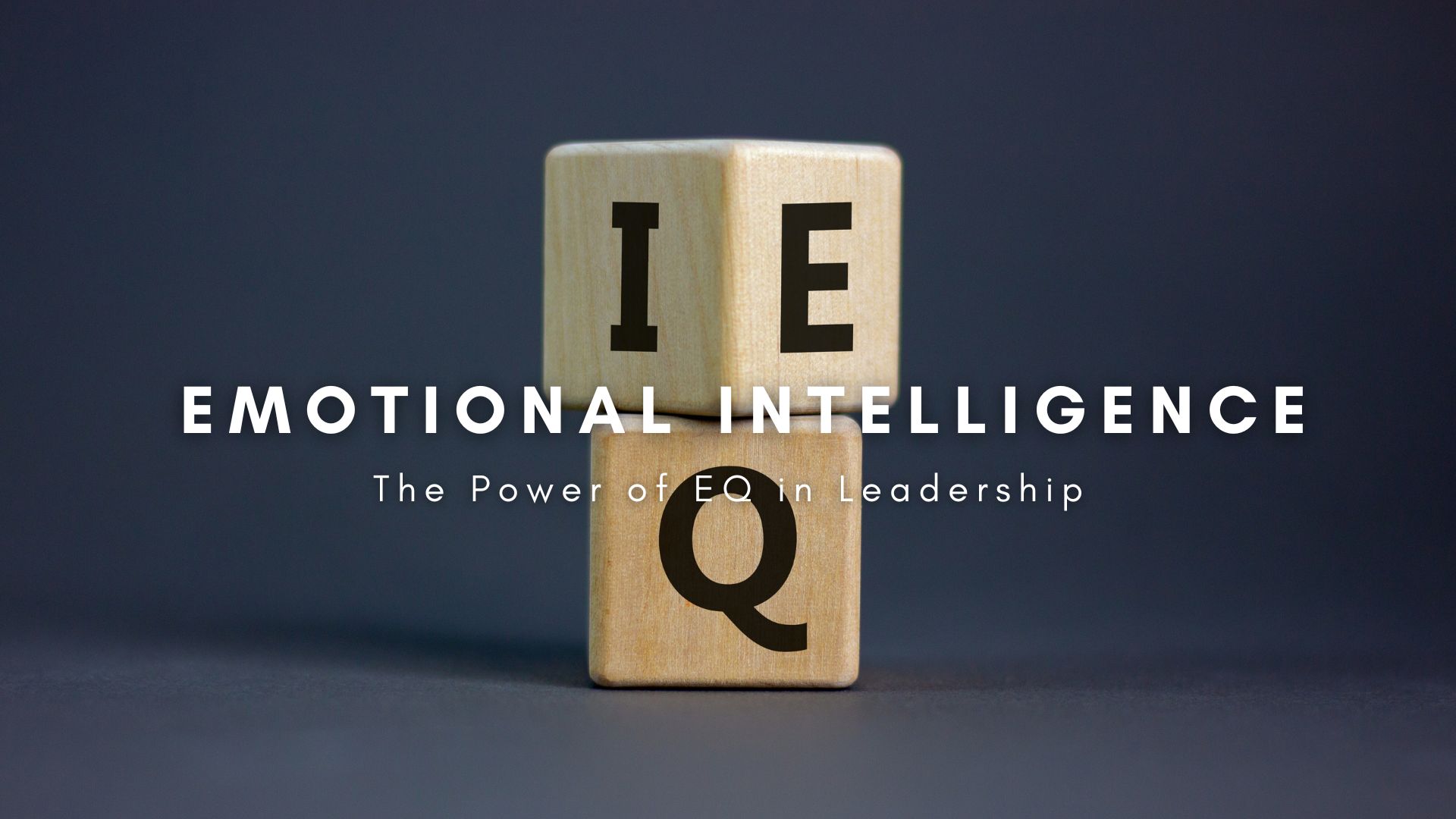
The Power of Emotional Intelligence in Leadership
Welcome to a deeper dive into the realm of leadership and team management. In this blog post, we’ll explore the significance of emotional intelligence (EQ) in effective leadership and discuss strategies for developing EQ skills to foster a more emotionally intelligent workplace environment.
Understanding Emotional Intelligence

Emotional intelligence (EQ) refers to the ability to recognize, understand, and manage one’s own emotions, as well as the emotions of others. In leadership, EQ plays a crucial role in building strong relationships, inspiring trust and confidence, and driving team performance.
Significance of EQ in Leadership

Let’s explore why EQ is essential for effective leadership and team management:
Empathy and Understanding: Leaders with high EQ demonstrate empathy and understanding towards their team members, fostering a sense of trust, belonging, and psychological safety within the team.
Effective Communication: EQ enables leaders to communicate effectively, navigate difficult conversations, and resolve conflicts with diplomacy and tact. By understanding the emotions underlying communication, leaders can build rapport and foster open dialogue.
Adaptability and Resilience: Leaders with high EQ are adaptable and resilient in the face of change and uncertainty. They can navigate challenges with grace, maintain a positive attitude, and inspire confidence in their team members.
Developing EQ Skills

Now, let’s explore strategies for developing EQ skills and fostering a more emotionally intelligent workplace environment:
Self-Awareness: Encourage leaders to cultivate self-awareness by reflecting on their emotions, strengths, and areas for growth. Self-assessment tools like personality assessments and 360-degree feedback can provide valuable insights into one’s leadership style and interpersonal dynamics.
Empathy: Foster empathy by encouraging leaders to actively listen to their team members, validate their feelings, and consider their perspectives. Encourage leaders to put themselves in others’ shoes and practice empathy in their interactions.
Emotion Regulation: Help leaders develop skills for managing their own emotions and maintaining composure under pressure. Techniques like deep breathing, mindfulness, and stress management can help leaders regulate their emotions and make more rational decisions.
Social Skills: Encourage leaders to cultivate strong social skills, including effective communication, conflict resolution, and relationship-building. Provide opportunities for leaders to practice active listening, assertiveness, and collaboration in team settings.
Fostering an Emotionally Intelligent Workplace

Create a culture that values emotional intelligence and promotes psychological safety, trust, and collaboration among team members. Encourage open communication, empathy, and mutual respect, and lead by example as a role model of emotionally intelligent leadership.
In conclusion, emotional intelligence is a powerful asset for effective leadership and team management. By developing EQ skills such as self-awareness, empathy, emotion regulation, and social skills, leaders can create a more emotionally intelligent workplace environment where team members feel valued, supported, and empowered to succeed.